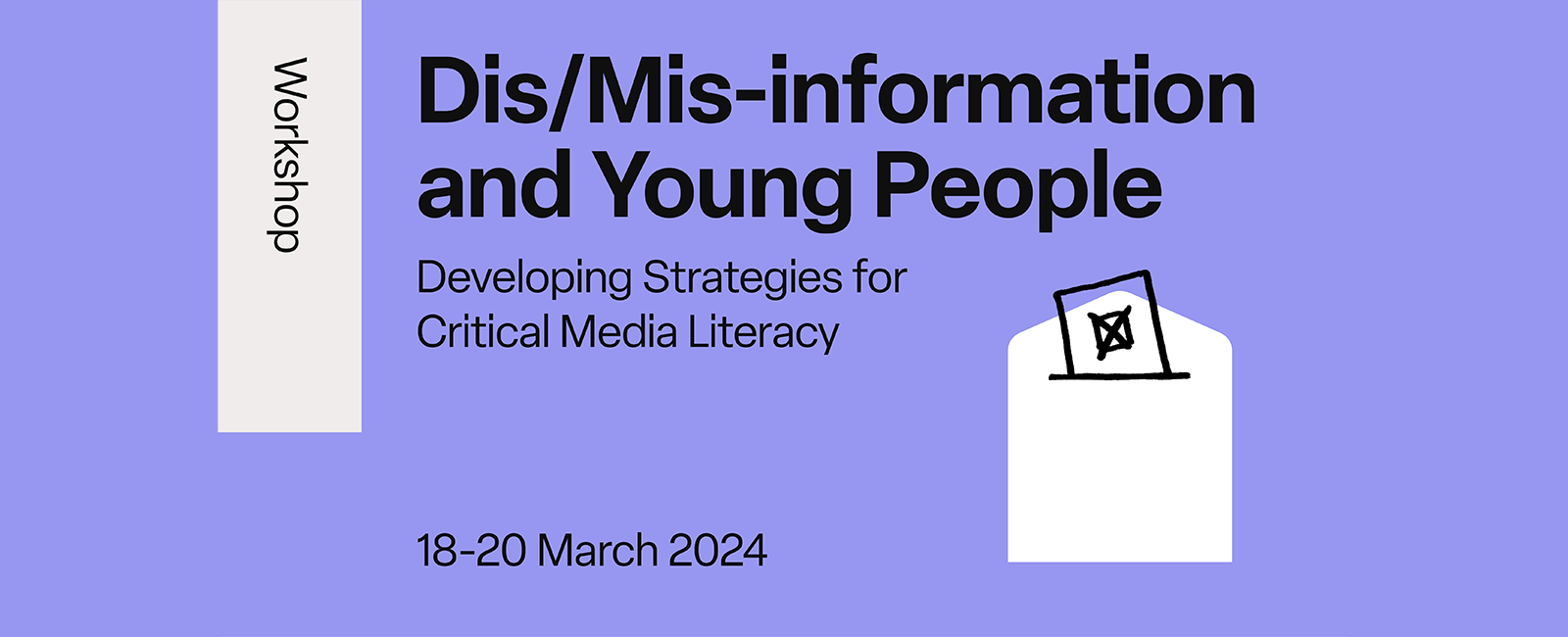
Dis/Mis-information and Young People
March 18 - March 20

Dis/Mis-information and Young People: Developing Strategies for Critical Media Literacy
Part of the Cumberland Lodge Youth and Democracy project
Secondary school students are now likely to spend much more time online than previous generations, specifically on social media platforms that are also a major source of dis- and misinformation[1]. As a result, young people are at high risk of being exposed to false information or of (unknowingly) sharing and further spreading it[2].
The increase in social media use has exposed the need to build young people’s skills to deal with online challenges. Yet the Institute for Strategic Dialogue has found that while three-quarters of 12 to 15-year-olds say they are aware of fake news, only 2% have the critical literacy skills to determine whether an online news story is real or fake. Two-thirds of teachers believe this is causing considerable levels of anxiety in young people. Educators reported feeling that their schools and youth centres did not deliver adequate lessons on digital citizenship, or they didn’t know if it was taught at all. Only 13% of teachers said they knew a lot about digital citizenship, compared to 39% who said they knew a little or nothing at all about the subject.
With a national election looming in the UK, understanding how young people engage with media and develop the skills to critically evaluate information is even more crucial. As part of our Youth and Democracy project, Cumberland Lodge has designed a two-day workshop to support educators in both formal and non-formal education sectors, in understanding how young people are engaging with dis- and misinformation. It will provide an overview of models and strategies for assisting young people to separate fact from fiction. The workshop is underpinned by the latest research, with sessions led by experts in the field including Shout Out UK and a panel of young people, as well as drawing on the experience of those in the workshop. It will be “hands on”, allowing participants to develop a tool kit of ideas and strategies that can be adapted to their own contexts.
The learning outcomes of the workshop include:
- Understanding youth perspectives on media ecosystems, including social media;
- Accessing the latest research in the field of dis- and misinformation;
- Identifying how digital tools can be used to uphold active citizenship and ethical online behaviour;
- Developing strategies for working with young people on media and political literacy.
Workshop cost: £220, including all sessions, single room accommodation and meals.
We have a limited number of shared rooms available at reduced cost. For further information please contact: programmeteam@cumberlandlodge.ac.uk
[1] (Bradshaw & Howard, 2019; Wang et al., 2019)
[2] (Howard et al., 2021)
